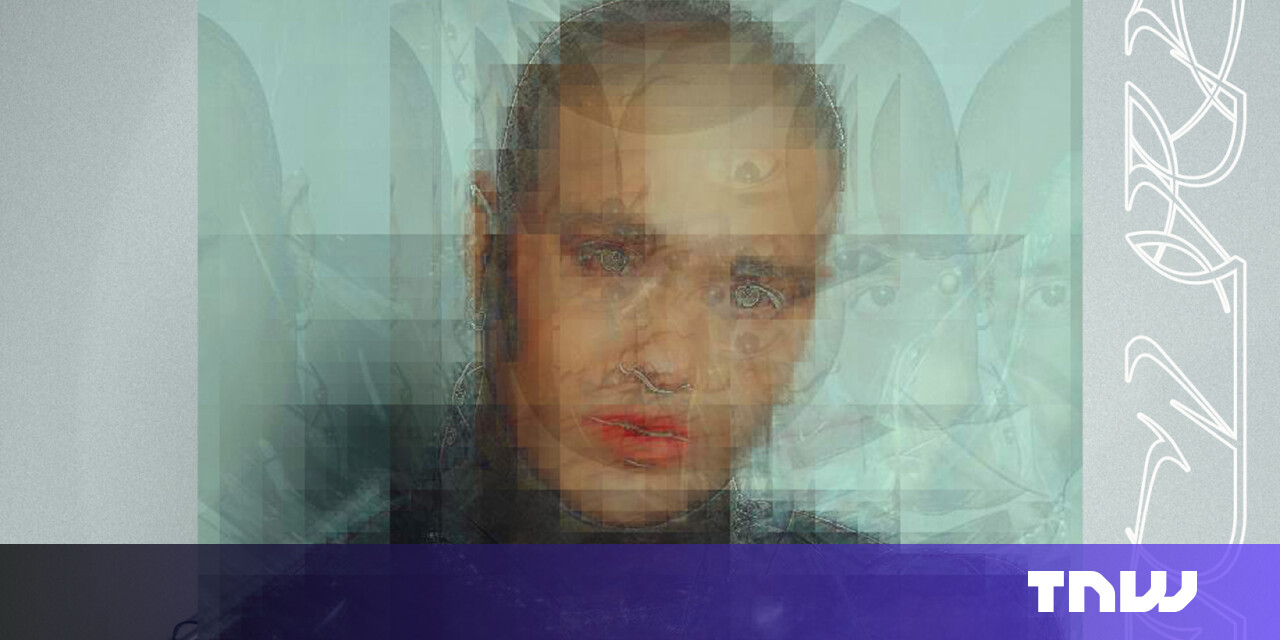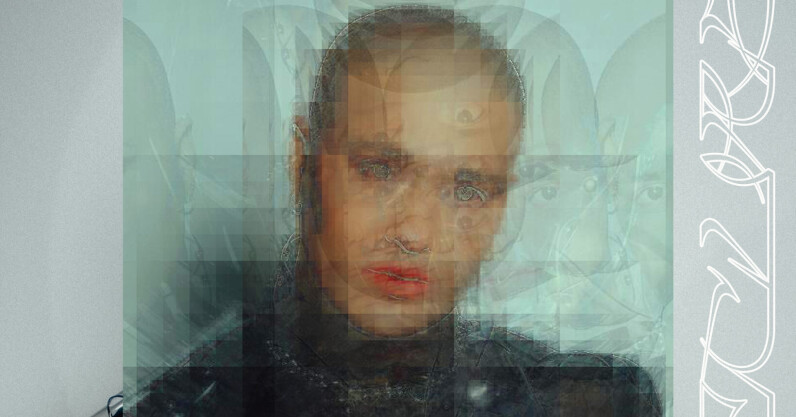Listen to the ‘world’s first’ song made by a quantum computer and AI

Table of Contents

The beat just dropped on a new era of music, and it’s coming not from a recording studio but from the weird and wonderful realm of quantum physics.
UK-based tech startup Moth has released the track “Recurse” in collaboration with British electronic artist ILĀ. It’s billed as the world’s first commercially available song created using “quantum-powered generative AI.”
“Recurse” certainly sounds otherworldly — like the kind of music aliens might stream while drifting through deep space. Yet again, that is kind of ILĀ’s style. Give it a listen:
You can listen to the track yourself on all major streaming platforms, including Spotify. It’s also available via a 24/7 interactive stream that generates and evolves in real-time.
Dr Ilana Wisby, CEO of Moth, said the track’s release marks a “defining moment,” not just for the company, but for the “future of creativity itself.”
Open AI, Cherry Ventures Datasnipper, Monzo, bunq & many more confirmed for TNW Conference 2025
Join 1000s of founders, investors and innovation champions in Amsterdam on June 19 & 20.
“Recurse demonstrates the power of quantum AI to support and enhance, and not just take from, artists,” said Wisby, who is the former CEO of one of Europe’s best-funded quantum computing startups, Oxford Quantum Circuits.
ILĀ provided original sounds to train a generative AI tool that worked inside Moth’s music software. The AI suggested parts like bass, synth, and drums, but ILĀ retained full control over instrumentation, effects, and arrangement. The music was then refined using quantum computers provided by German startup IQM.
Blending quantum and AI
Behind the scenes, the song’s creation relied on the emerging field of quantum machine learning, which uses the unique properties of quantum computers to help AI learn patterns and solve problems faster than traditional computers.
The track was produced using Moth’s platform Archaeo, based on a type of quantum machine learning called Quantum Reservoir Computing (QRC). The system was able to identify subtle, complex patterns in ILĀ’s music that conventional AI might miss.
Unlike generative AI tools like Suno or Udio, Archaeo doesn’t create songs from scratch. Nor is it trained on vast quantities of music scraped from the web (often without consent). Instead, it learns from small samples from a specific artist, whom it then helps to make a new song.
“It feels very refreshing to use a technology that has been built to work with you — not simply replace you,” said ILĀ. “This approach produces something much more human led which feels more authentic in creative terms.”
Moth’s technology was developed in collaboration with Brazilian composer Eduardo Reck Miranda. Renowned for his research on computational creativity, Miranda has written an entire book on quantum music. Last year he released an album called Qubism made up of quantum computer-made songs. He also serves on Moth’s board.
While Moth’s technology is still in early development, the company hopes it will redefine creative industries including music, art, and gaming.
Gamers could use tools like Archaeo to generate custom content — music, art, or dialogue — based on their own creative inputs, allowing for deeper personalisation and modding.
“We’re not just building tech for tech’s sake, we’re building tools that empower, inspire, and drive a new era of media and creativity,” said Wisby.
The next big thing in tech is a key theme for TNW Conference, which takes place on June 19-20 in Amsterdam. Tickets for the event are now on sale — use the code TNWXMEDIA2025 at the checkout to get 30%.
If you liked the article, do not forget to share it with your friends. Follow us on Google News too, click on the star and choose us from your favorites.
If you want to read more like this article, you can visit our Technology category.
